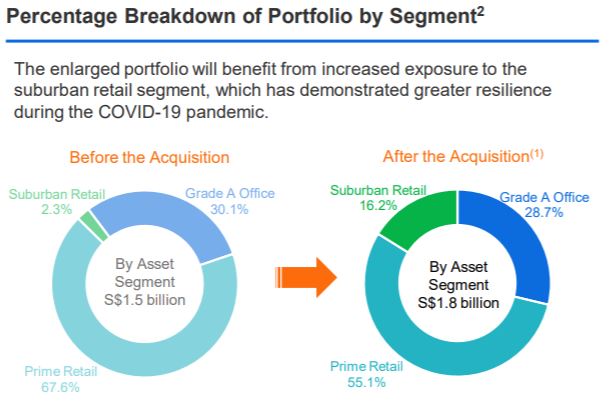Have you ever wonder how safe is your investments held by these online brokers? Recently, I got questioned by a long time friend on whether it is wise to trade through such brokers as the stocks purchased were all held under the online brokers' nominee account. Most of these new age trading platforms have very little physical presence and assets in Singapore unlike the traditional brokerages which are affiliated with DBS Vickers), UOB (Kay Hian), OCBC and Maybank (Kim Eng) etc. With the exception of Saxo, which has an investment banking license in Singapore while the rest of them, in particularly, Tiger Brokers which just started operating in Singapore in March 2020. I had opened an account with Tiger Brokers earlier this year. Tiger Brokers is backed by US-based brokerage Interactive Brokers, Xiaomi and Wall Street investment guru Jim Rogers. So will be using Tiger Brokers for discussion.
What happens if say Tiger Brokers gets into financial distress and has to close down?
All money, approved securities or other property received by the online broker from you or from any shall be held in the form of trustee or custodian, segregated from the online brokers own assets and paid into a segregated bank account or a segregated debt securities account, and all such monies, and securities or other property so held may be commingled with other client’s funds and shall not form part of the online brokers' assets for the purpose of insolvency or winding-up.
All money, approved securities or other property received by the online broker from you or from any shall be held in the form of trustee or custodian, segregated from the online brokers own assets and paid into a segregated bank account or a segregated debt securities account, and all such monies, and securities or other property so held may be commingled with other client’s funds and shall not form part of the online brokers' assets for the purpose of insolvency or winding-up.
Generally, US Securities purchased are kept by Interactive Brokers while SGX securities are being held by a DBS Custodian.
Sounds great here. However, in the event of financial insolvency, the real and bigger issue comes up. Can another broker just takeover immediately or if the beneficial owner asked for transfer out to other brokers, is it allowed? The original broker may not want to lose their client database and raise a dispute in court that drags on for a year or two. During this period, one would arguably faced changes fundamentally affecting their holdings and suffer a loss.
What if there is fraud in such online broker in future?
There maybe fraudulent transactions being executed and planned for by collaboration between different personnel in different departments. My personal opinion on this is that chance of this happening is extremely low but it may happen and securities of actual owners maybe sold, encashed and used to pay themselves or debts of the brokerage. In US, there is a protection of US$500K by the Securities Investor Protection Corporation ("SPIC"). The SPIC is a non-profit corporation that has been protecting US investors for decades. SPIC work to restore investors’ cash and securities when their brokerage firm fails. According to its website, SIPC has recovered billions of dollars for investors.
However, this seems to be more applicable to US shares. Local Singapore securities do not seemed to be covered. In Singapore, the deposit insurance scheme protects up to S$75K of cash deposited with banks and finance companies only. It also does not include securities or cash held in custody.
Food for thoughts:
What are your thoughts? Has anyone switched out entirely from their CDP account to these online brokerage to take advantage of super cheap brokerage fees? Do you think it is safe to leave a significant portion of your portfolio in such custodian accounts of the online broker?
[P.S: Updated on 28 June 21. Henry has brought up (please see below comments) the case of MF Global which was a major global financial derivatives broker that went bankrupt in 2011. Even though it was marketed as "safe", apparently, the company took money out from segregated nominee accounts of its clients to en-cash to meet margin calls by lenders.
A local Singaporean Mr Khoo almost lost S$270K even thought his funds were not touched and properly segregated- it took him almost 5 years for the Singapore receiver KPMG to clear all legal obstacles in different jurisdictions to get back all his original money.
"If the largest brokerage in the world can close overnight, it is quite scary," he said. "Overall, my open positions closed in the money. I started getting paid in 2012, and have been getting payments over the past few years."-- Extracted from comment by Mr Khoo (retail investor) on ST March 8, 2016.]








